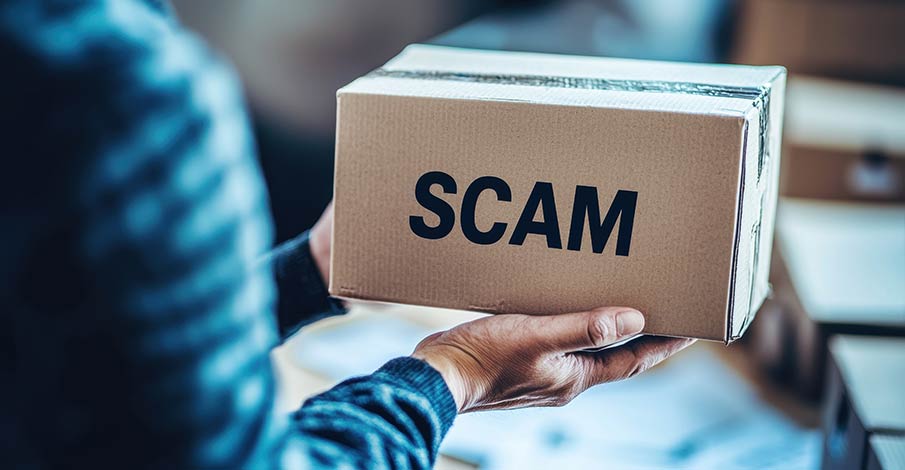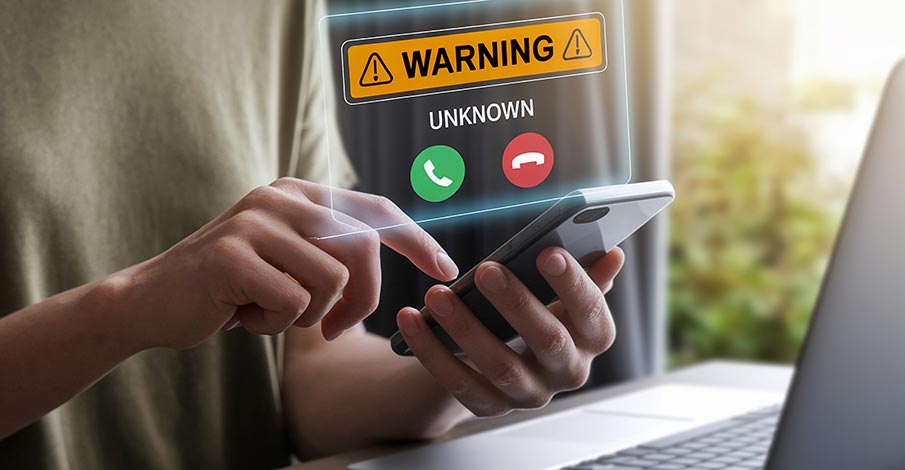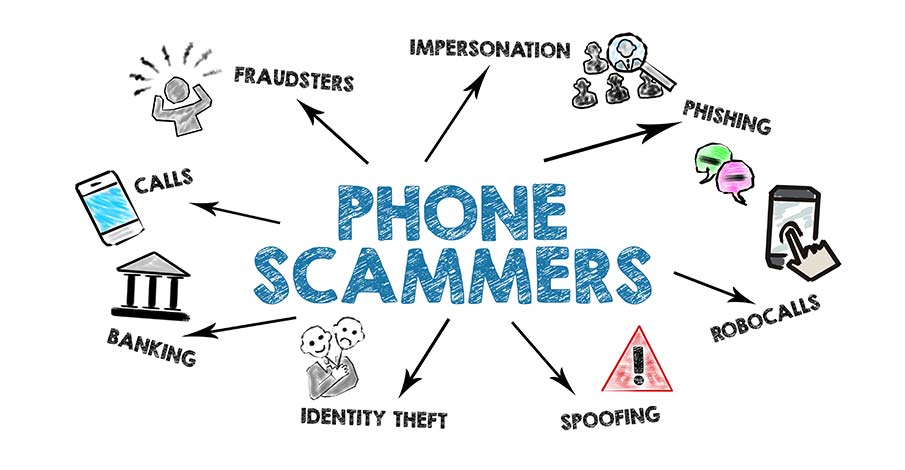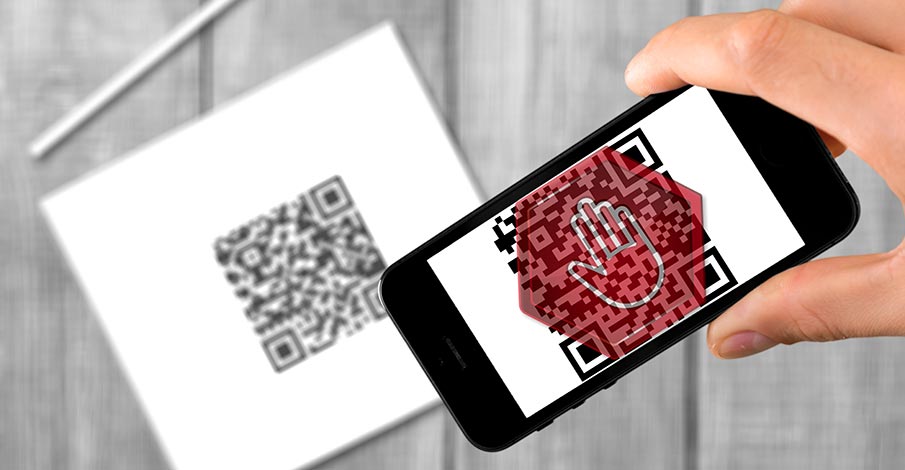What Is #BanksNeverAskThat?
Launched by the American Bankers Association, #BanksNeverAskThat is an industry-wide effort involving more than 2,000 banks across the U.S. Its mission is simple: educate consumers about phishing scams and empower them to spot suspicious messages before becoming victims.
Through quizzes, videos, and even a game called Scam City, the campaign teaches how to identify red flags in emails, texts, and phone calls, all in a way that’s easy to remember.
Learn More About #BanksNeverAskThat
5 Red Flags That Scream “Scam!”
Here are five common tactics scammers use and why you should never fall for them:
1. Unexpected Links
If you get a message asking you to click a strange or unexpected link, don’t click it. Banks never ask you to log in or verify personal information through random links.
2. Urgent or Fear-Based Language
Scammers create panic to pressure you into acting fast. If a message says your account will be closed or your funds will be frozen unless you act immediately, it’s almost always a scam.
3. Unsolicited Attachments
Didn’t expect a file from your bank? Don’t open it. Real banks don’t send surprise attachments — especially ones that could contain viruses or malware.
4. Requests for Personal Info
A legitimate bank will never ask for your:
- PIN
- Password
- Social Security number
- Full account number
Especially not through text, email, or unsolicited calls.
5. Pressure to Use Payment Apps
If someone claiming to be from your bank instructs you to:
- Send money to yourself via Zelle® or Venmo
- Refund an “overpayment”
- Move money quickly
…it’s a scam.
What Banks Do Ask
Banks may reach out to verify suspicious activity, but they’ll never:
- Request sensitive information unless you initiated contact
- Demand immediate action
- Direct you to click unverified links
Always verify by calling the number on the back of your debit or credit card. You can also find AbbyBank’s official contact information on our website.
What To Do If You’re Targeted
If you suspect a phishing attempt:
- Don’t respond
- Don’t click any links or download attachments
- Call your bank directly
- Report the scam to the FTC at IdentityTheft.gov
If you’ve already shared information or sent money, contact AbbyBank immediately. We’ll help you take the right steps to protect your account.
Get Scam Smart
Want to test your scam-spotting skills? Explore these free tools from the ABA’s campaign:
The more you know, the safer you’ll be.
Stay Sharp, Stay Safe
Scammers are constantly evolving — but with the right information, so are consumers. At AbbyBank, we’re committed to helping you stay one step ahead.
Remember: if something feels off, trust your instincts. And always ask yourself, “Would my bank really ask that?”
Spoiler alert: #BanksNeverAskThat.





